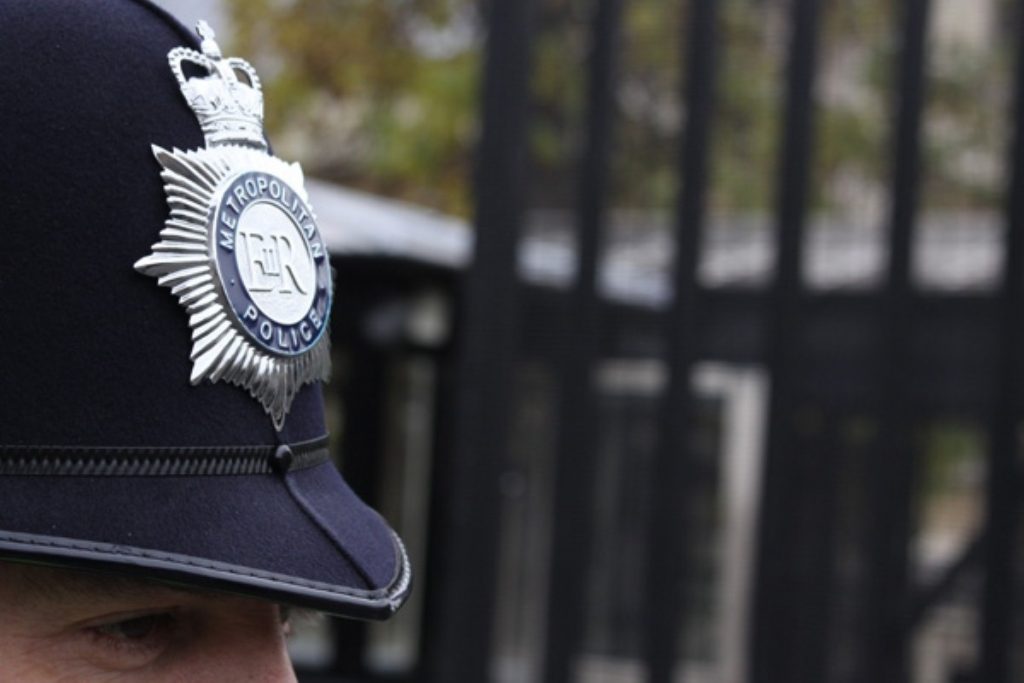Independents protest at ‘on the cheap’ police commissioner elections
Ministers are refusing to back down over accusations that they are holding this autumn's police and crime commissioner elections 'on the cheap'.
Independent candidates fear they will be unfairly disadvantaged by the government's decision not to pay for a mailout for each person standing in November 15th's elections.
A group of would-be commissioners will deliver a protest letter to Downing Street complaining that the lack of a mailout will give those backed by political parties an unfair advantage and hit turnout.
The government has pointed out it is setting up a central website listing information about those standing. Those without access to the internet can order a printout on demand via a telephone line – a proposal which has already received criticism from the Electoral Commission.


"The Electoral Commission recommended that the government should arrange for a booklet to be sent to voters with information about all police and crime commissioner candidates in their area," chief executive Peter Wardle said.
"Ministers decided against this approach in favour of a candidate information website, with printed copies available on request.
"We are now working with the Home Office to make sure voters have the information they need to take part in the November elections."
A booklet will be sent to each household explaining how the elections work, but this will not include information about the candidates.
Policing minister Nick Herbert that the "principal" reason for the decision not to go ahead with the mailout was cost. A mailout would cost up to £30 million, compared to £100,000 for the website and £2 million for printed copies.
"We felt that in the current climate that was not a justifiable expense," he told the Today programme.
Protest ringleader Ann Barnes called that decision "perverse" and "undemocratic", but Herbert insisted that the mailout was not critical for independent candidates' chances.
"I think it's a mistake to believe that success or failure of an independent candidate turns entirely on whether they get a free election address. Surely there is a local media, new media, local meetings," he added.
"In the end what candidates have to do is capture the public imagination, have something interesting to say, and get local media attention. That counts for far more than simply one leaflet."
The government has imposed spending limits for each police area of England and Wales based on their relative size.
Candidates in Cumbria, the smallest area, will only be permitted to spend a maximum of £72,231, but in the largest, West Midlands, the spending limit is £357,435. The limit only applies to the period from October 8th to the close of polling on November 15th.
The Electoral Commission will report to parliament on how the elections went after they are completed.
"As part of our assessment, we will look at what impact this new approach to providing candidate information had," Wardle said.









